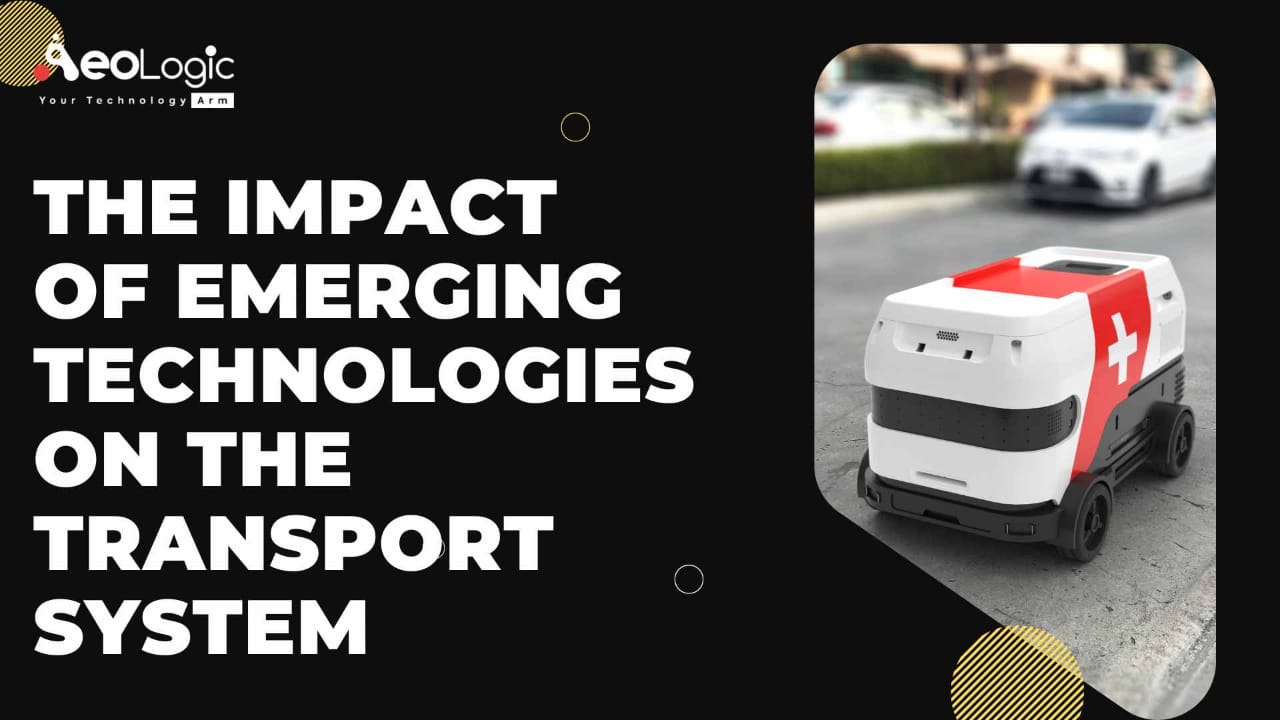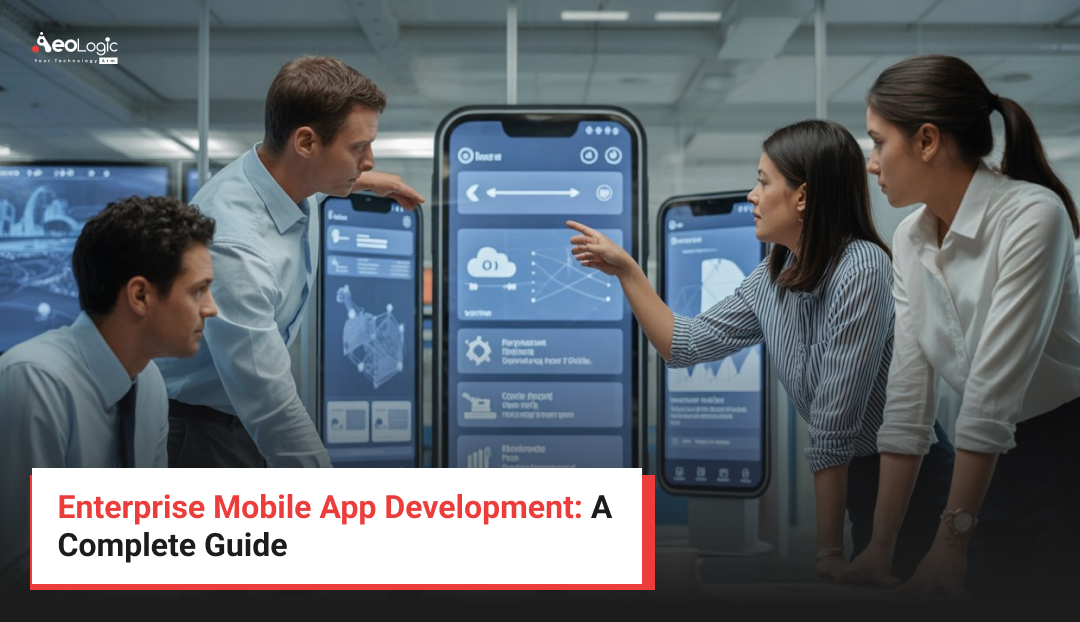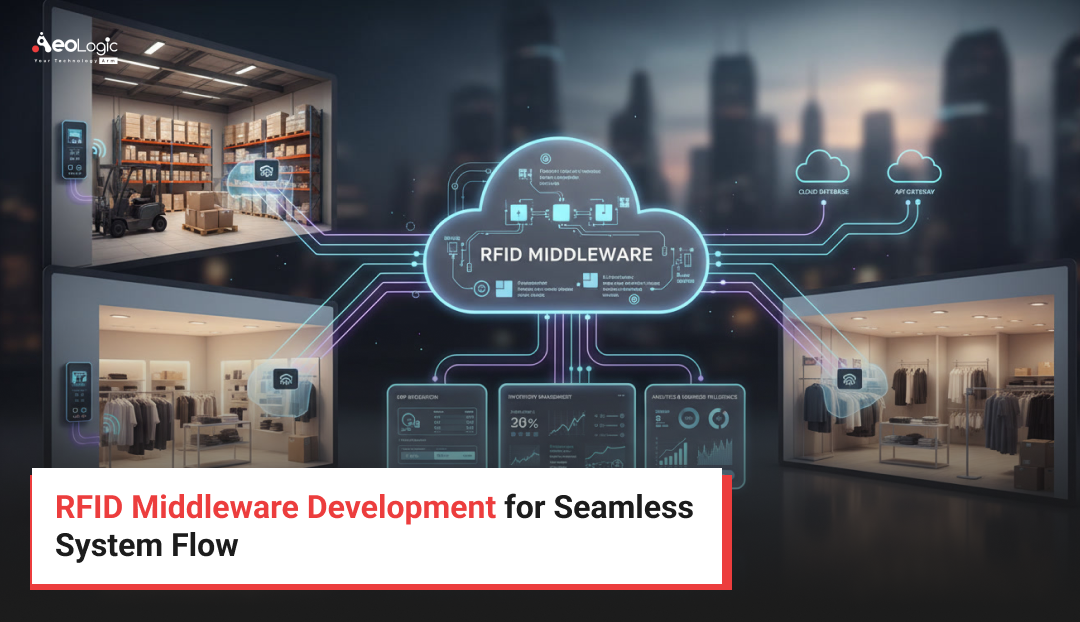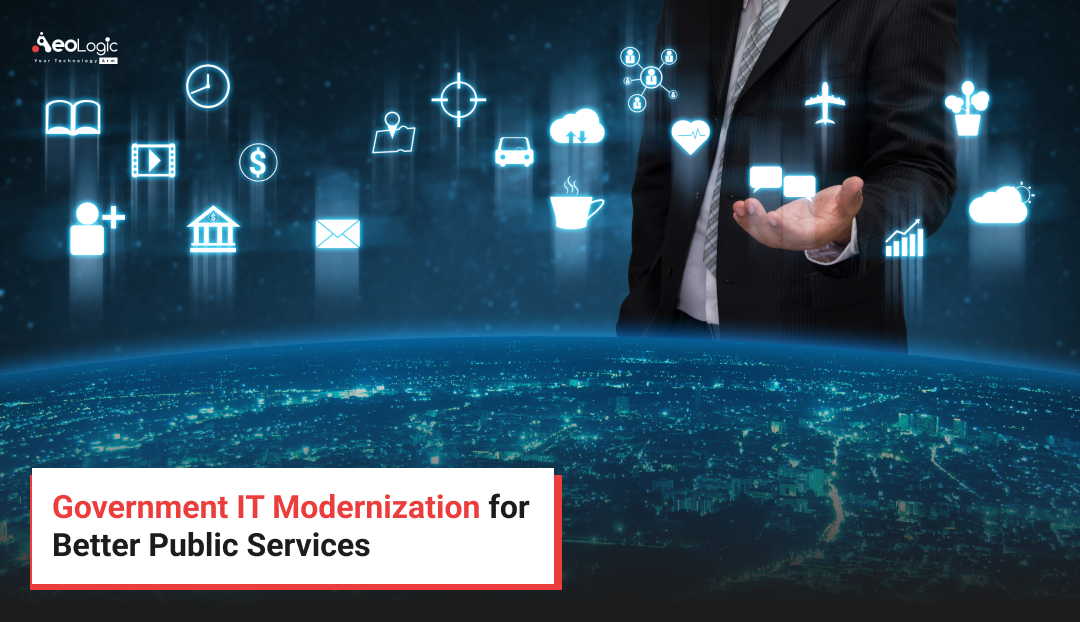From driverless cars to self-driving trucks, from fleets of electric scooters to delivery drones, emerging technologies are transforming how we get around. The impact of these changes on the way we move goods and people is enormous—and it’s only going to continue to grow. In this article, we’ll explore how emerging technologies are impacting the transport system today and what they could mean for the future.
Table of contents
- Overview
- What are Emerging Technologies?
- How Emerging Technologies are Having an Impact on the Transport System
- Top 4 Types of Emerging Technologies In Transportation
- The Differences Between Emerging Technologies and Conventional Technology
- Conclusion
Overview
The transport system is always changing, and new technologies are becoming an important part of it. However, the impact that emerging technologies have on the transport system varies greatly between different countries.
In some countries, the introduction of driverless vehicles has been met with a lot of resistance. It has been embraced as a way to improve efficiency and reduce costs. In fact, there are even some places where the government has mandated that driverless vehicles be used on public roads by 2020.
These types of initiatives are often supported by companies who see them as a way to increase productivity while also reducing their carbon footprint—and they’re likely to be successful if they’re paired with other initiatives that support innovation such as investing in research and development.
Also Read: Why Is CRM Software a Game-changer When It Comes to Delivering Better Customer Experiences?
What are Emerging Technologies?
There are a number of emerging technologies that are having an impact on the transport system. One of the most significant is the development of autonomous vehicles. This technology is still in its early stages, but it has the potential to transform the way we move around cities and towns. Autonomous vehicles could reduce congestion and emissions, and make our roads safer.
Other emerging technologies that are having an impact on transport include electric vehicles, ride-sharing apps, and new methods of public transport such as driverless buses. All of these innovations are making it easier and more convenient for people to get around without using a car. This is good news for the environment and for our urban areas, which are often congested and polluted.
How Emerging Technologies are Having an Impact on the Transport System
The transport system is changing. In fact, it’s already changed.
The driverless automobile is a great example of how technology is transforming the way we travel. As such, there are a number of new techniques being developed as part of the transportation system itself. These include things like vehicle-to-vehicle communication systems and GPS tracking systems that help vehicles know where they are at all times.
This is important because it helps with traffic flow and makes the whole process more efficient for everyone involved. For example, you might be able to get from point A to point B faster than before because your car knows where it is going and can go directly there without stopping at traffic lights or other places where cars need to stop for other drivers’ sake (or maybe even just their own).
Also Read: 10 Ways to Use Artificial Intelligence to Improve Business Processes
Top 4 Types of Emerging Technologies In Transportation
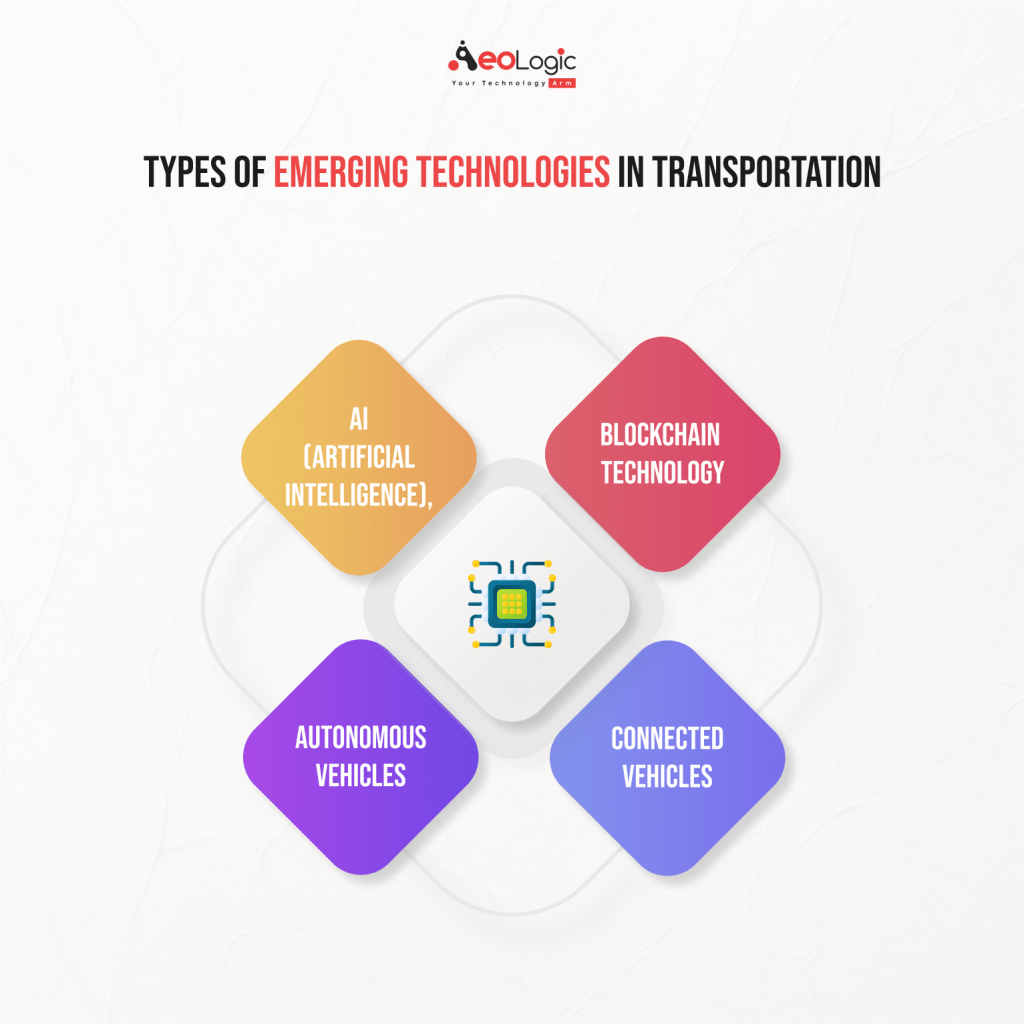
The transport sector is one of the most important sectors in the world. It transports people, goods, and information. The transport sector is also a very complex sector due to its size and diversity. The transport industry is made up of various types of vehicles, modes of transport, technologies used in transportation as well as various other factors that affect the sector. There are four main types of emerging technologies being used in this industry today:
- AI (artificial intelligence),
- Blockchain technology,
- Autonomous Vehicles (AVs)
- Connected Vehicles (CV)
1. AI (Artificial Intelligence)
The first type of emerging technology is AI. This technology helps businesses to improve their supply chains by automating tasks such as data analysis, decision-making, and even customer service interactions through chatbots or virtual assistants.
AI has been used to automate many tasks within the transport sector including navigation systems, vehicle maintenance schedules, and even fuel efficiency monitoring.
Blockchain
Another type of emerging technology being used in transport is blockchain technology. This technology helps businesses to improve their supply chains by creating a digital ledger where all transactions are recorded so that they can be accessed later on if needed (sales orders etc.).
It also allows businesses to track inventory levels and shipments at any time so that they know exactly what products they have available at any given point in time which reduces costs.
Also Read: The Role of AI in Education And Learning: Just Promises Or Revolution
Autonomous Vehicles (AVs)
Autonomous vehicles are self-driving cars that are capable of handling their own driving, much like Google’s self-driving cars that were first introduced in 2009. They have been in development for years—and aren’t expected to be fully operational until sometime around 2020—so we’ll just have to wait and see how long it takes before they become commonplace on our roads.
Connected Vehicles (CV)
Connected vehicles are vehicles that connect with other vehicles in order for them to communicate with each other and share information about traffic conditions or other relevant matters related to road safety or vehicle maintenance needs such as oil changes or tire rotations? The idea behind this technology is that it would make traveling between cities more efficient by reducing traffic congestion due to fewer stop-and-go’s and more efficient use of time.
In theory, connected vehicles could also reduce the risk of accidents by letting drivers know about possible hazards ahead or warn them of heavy traffic in areas that aren’t usually clogged but suddenly become so due to an accident. The technology works by collecting information from vehicle sensors, such as GPS and cameras, which are then transmitted to a central server where they are analyzed for relevant data.
The Differences Between Emerging Technologies and Conventional Technology
Emerging technologies are usually defined as technologies that are currently in development or have not yet been commercialized. They are often considered to be cutting-edge and may offer significant advantages over more conventional technologies.
There are a number of different types of emerging technologies, including:
- renewable energy technologies
- alternative transportation technologies
- information and communication technologies
- nanotechnologies
Each of these categories includes a range of different technologies, all of which share the common characteristic of being relatively new and not yet widely adopted.
One key difference between emerging technologies and conventional technologies is the speed at which they are developed and adopted. Emerging technologies tend to be developed much faster than conventional technologies, often as a result of advances in digital technology. This means that they can reach the market much sooner and can start having an impact much sooner.
Another key difference is the scale at which they are adopted. Emerging technologies are often adopted on a much smaller scale than conventional technologies, due to their high costs and/or lack of infrastructure. This means that their impact is often felt more locally rather than globally.
Finally, emerging technologies tend to be more disruptive than conventional technologies. This means that they can have a profound Challenges Facing the Transport System.
Also Read: Information Technology to Support the New Values of the EV
Conclusion
The transport system is evolving rapidly, and emerging technologies are playing a major role in this transformation. From autonomous vehicles to on-demand services, new technologies are changing the way we move around our cities. While there are many potential benefits of these innovations, it is important to consider the impact they will have on the transport system as a whole.
With careful planning and execution, we can ensure that the transport system evolves in a way that benefits everyone.
If you are also interested in emerging technologies for your business market and looking for industry experts, then do not hesitate to contact us at support@aeologic.com
FAQ’S
What effect does technology have on transportation?
Smart transportation will lessen traffic jams, accidents on the road, fuel expenses, travel times, and parking fees.
What new transportation technology is there?
Hyperloop. Another transportation idea from Elon Musk is the hyperloop, which is a tube that would carry cargo or passenger groups through a pressurized track. At least 600 mph would be the maximum speed of the hyperloop.
Related Blogs:
- How AI/ML Can Change the Public Transportation Industry
- Transforming Business With Digital Technology in the Oil Palm Industry in India
- Importance of Digital Asset Management in the Retail Industry
- How AI is Transforming the Agriculture Industry
- 10 Ways to Use Artificial Intelligence to Improve Business Processes
- The Future of IoT Technology in Convenience Stores
- Building Manufacturing Resilience Through AI and ML

I’m Deepika Pandey, an SEO strategist and content writer with 6+ years of experience. I create SEO-friendly content that drives traffic and engages readers. I combine data insights with creativity to help businesses grow their online presence effectively.

